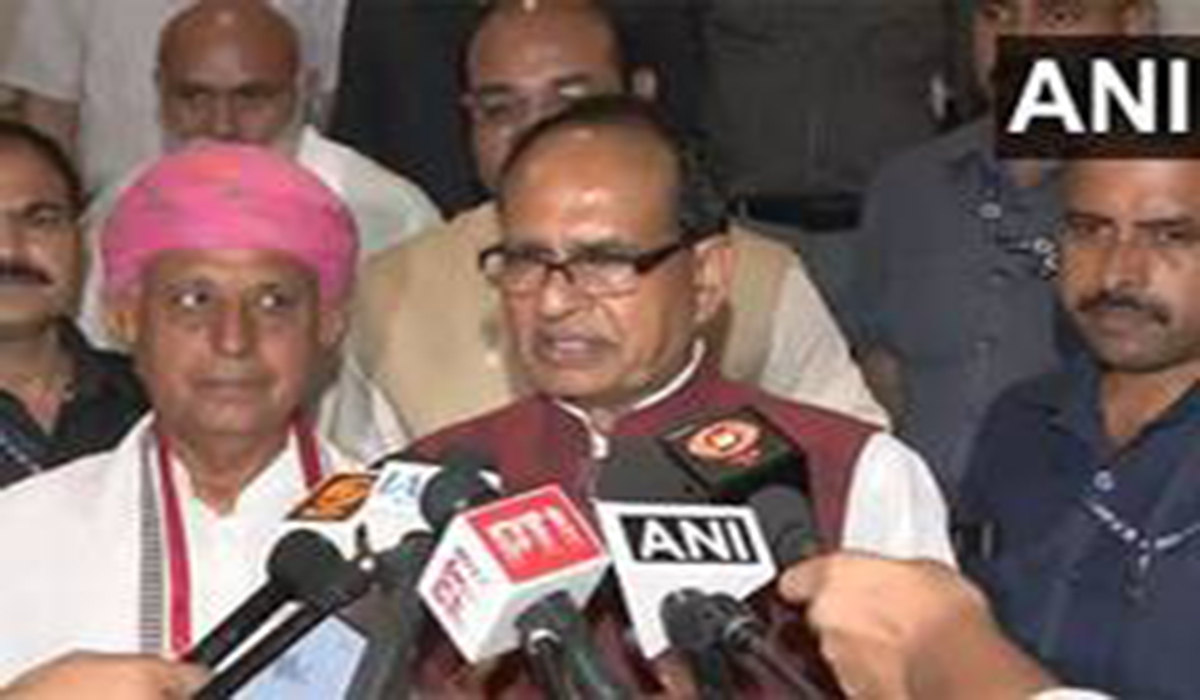
New Delhi: Union Minister of Agriculture and Farmers Welfare, Shivraj Singh Chouhan, on Monday addressed the media on the Cabinet’s key decision to approve the ‘Pradhan Mantri Dhan-Dhanya Krishi Yojana’.
According to a release from the Ministry of Agriculture and Farmers Welfare, the foodgrain production has increased by more than 40%, and the production of fruits, milk, and vegetables has also seen historic growth. However, significant disparities in productivity continue to persist between states, as well as within districts within the same state.
He stated that “districts with low agricultural productivity or limited utilisation of Agri Credit Cards (ACC) by farmers will be identified. In these areas, the government will work to ensure the comprehensive implementation of schemes from 11 different departments through convergence.”
He added, “This will include not only central schemes but also those from state governments, along with contributions from any other willing partners. Approximately 100 such districts will be selected, with at least one district from every state. Preparatory work is already underway. A nodal officer will be appointed for each district, and both the districts and their nodal officers will be finalised by the end of July. Training sessions will commence in August, accompanied by efforts to raise public awareness.”
Chouhan mentioned that NITI Aayog will be tasked with “tracking district-level progress based on certain indicators. It will also create a dashboard to monitor the progress. The campaign will begin with the Rabi season in October. A district-level committee, led by the Gram Panchayat or District Collector, will be formed, which will include departmental officers, progressive farmers, and others who will collectively make decisions. Similar teams will be formed at the state level, with the responsibility of ensuring effective convergence of schemes in districts. At the central level, two teams will be formed–one under Union ministers and another under Secretaries, with officers from various departments. The scheme will operate across multiple sectors.”
Chouhan emphasised that the overall goal is to improve productivity in low-yield districts, not just to reach the national average, but also to achieve top productivity levels. In addition to crops, focus will also be given to fruit cultivation, fisheries, beekeeping, animal husbandry, and agroforestry.
